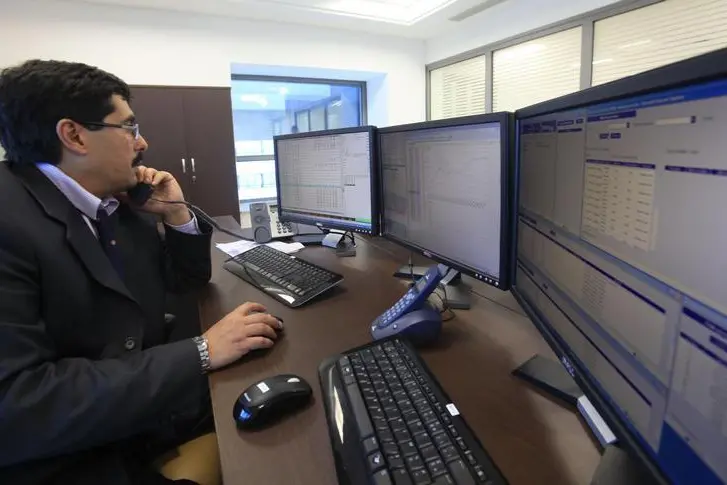PHOTO
TUNIS: Tunisia's stock index is up an impressive 20 percent this year, but is being held back by the fact that the biggest firms are all state-owned and unable to attract private investment, according to the head of the Tunis Stock Exchange.
A market capitalisation of just $10 billion makes the bourse one of the smallest in North Africa, yet it was the region's strongest performer in the first nine months of 2018.
In an interview, Bilel Sahnoun said this growth had been driven by reforms including "parity between local and foreign investors and a strong IT management system".
With its 81 listed small and medium-sized companies, the exchange accounts for only 10 percent of investment in the domestic economy.
The financial intermediary and investment manager Tunisie Valeurs is the only company to have conducted an IPO so far this year, and a second one will be listed by the end of this year.
“Between three and five other companies will be listed in textile and real estate next year, which will raise the number of listed companies to about 85-86 compared to less than 50 in 2011," Sahnoun said.
But he hopes that privatisations could double this share within five years.
"The Tunis stock market is not on the radar of some big investors because it ... does not include large companies able to attract those who can create investment and help to promote economic growth and wealth creation," he said.
But the path to securing those listings is a rocky one.
Prime Minister Youssef Chahed is committed to "reform" of the large state sector, as is the Islamist Ennahda party that is in coalition with his Nidaa Tounes, but the subject is highly sensitive.
In 2011, Tunisie Telecom cancelled plans for a joint IPO in Tunis and Paris after consultations with trade unions, who had been threatening industrial action if there were job losses.
Fearing new attempts at privatisation, the UGTT umbrella union has called a national strike for Oct. 24.
In any case, political posturing ahead of an election due in a year's time has already cost Chahed the support of his own party and left his government hanging by a thread. The chance of any attempts at even partial privatisation before 2020 at the earliest appears slim or non-existent.
But Sahnoun is undaunted. "Listing shares in major state companies such as Tunisie Telecom or the tobacco company (Régie Nationale des Tabacs et des Allumettes), or AGIL (the fuel distributor Société Nationale de Distribution des Pétroles) would be very beneficial to the health of these companies, the economic recovery and the image of the stock market," he said.
(Reporting By Tarek Amara; Editing by Kevin Liffey) ((tarek.amara@thomsonreuters.com;))





















